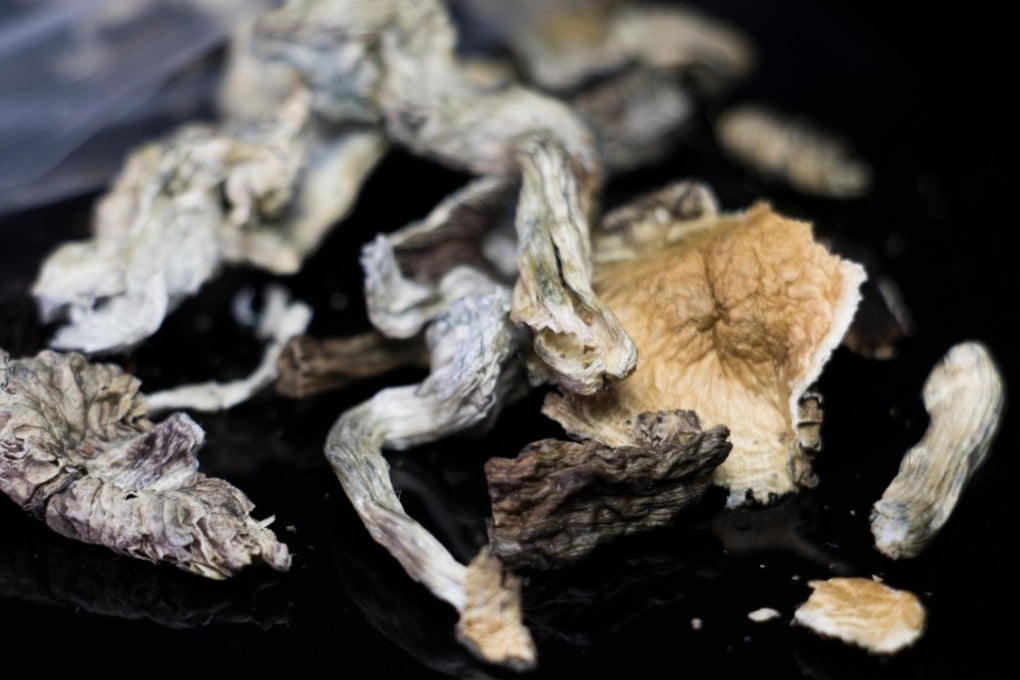How MDMA, magic mushrooms and LSD help cancer patients cope, and cure addictions
Researchers studying the benefits of taking pyschedelic drugs think they work by removing constraints the brain places on how we see the world

Psychedelic drugs such as LSD and psilocybin (taken in the form of magic mushrooms) are usually associated with the counterculture of the 1960s. The Beatles, for instance, experimented with LSD, and their swirling track Tomorrow Never Knows is an attempt to describe the effects of an LSD trip. Less well known is the medical research conducted on psychedelic drugs during the 1950s and 1960s, and their effects on, for instance, alcohol addiction.
When LSD became a banned Schedule 1 substance in the mid-1960s in the United States, funding dried up, and the research petered out in the 1970s. Although many felt that continuing it would be worthwhile, a government worried about the effects of the drug on young people ensured the psychedelic genie was put firmly back in the bottle.
It was not until around a decade ago that it resumed, as Michael Pollan, who holds professorial posts at both the University of California Berkeley and Harvard, describes in his book How to Change Your Mind. Today this research into the medical uses of psychedelic drugs continues in institutions such as New York University and London’s Imperial College.
Researchers are looking into ways psychedelic drugs can help terminal cancer patients cope with their illness, cure addictions such as smoking and alcoholism, and provide relief for those suffering from depression and, in the case of MDMA (known as Ecstacy), post-traumatic stress disorder.

Volunteer patients take psilocybin in medically supervised “trips” in adapted hospital rooms and afterwards document and discuss with medical staff their experiences, and the beneficial effects of the drugs, if any.
